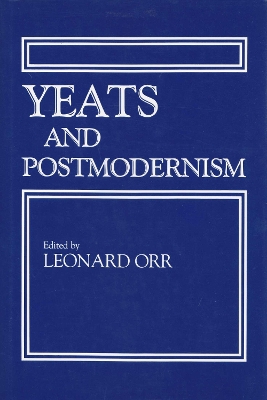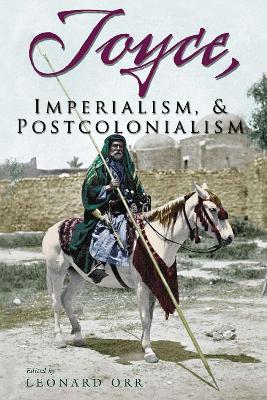Irish Studies
2 total works
In the last 25 years, there has been a revolution in literary study in the English-speaking world. It has involved two related shifts in understanding: the recognition that the study of literature requires a theoretical grounding and an acknowledgment that such a grounding is contingent upon the realization that ours is a postmodernist world. Despite much resistance from traditional literary historians and formalist critics, both of these assumptions inform today's most forceful and insightful academic literary analyses. Yet Yeats scholarship has remained largely embedded in traditional modes of critical theory. For the first time, a collection of original essays applies a wide spectrum of contemporary critical theories to major works in the Yeats canon, serving a models of how to read and work with Yeats from a postmodernist/poststructuralist perspective. Challenging us to rethink our most basic notions of how to read Yeats, these and other provocative essays offer ample evidence of the remarkable new perceptions that can be gained from applying poststructuralist criticism to Yeats.
On the surface, James Joyce's work is largely a political. Through most of the twentieth century he was the proud embodiment of the rootless intellectual. However, perspectives on the colonial history of Ireland have proliferated in recent years, yielding a subtle and complex conception of the Irish postcolonial experience that has become a major theme in current Joyce scholarship. Highly original and often provocative, these essays bring Joyce powerfully within the ambit of postcolonial studies.

